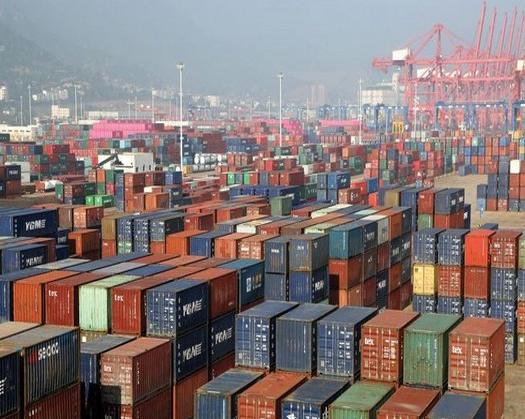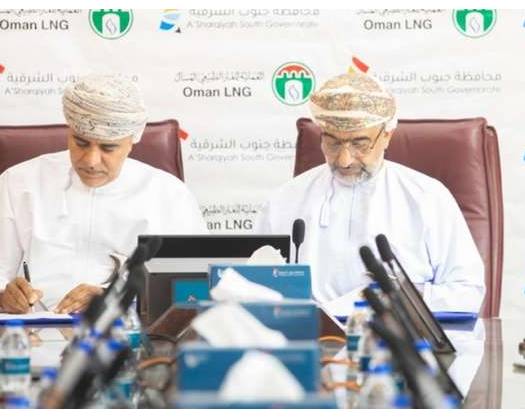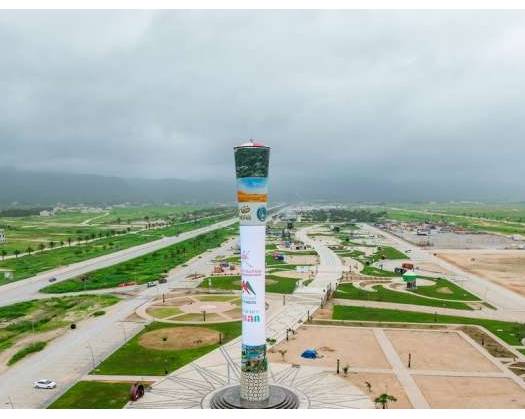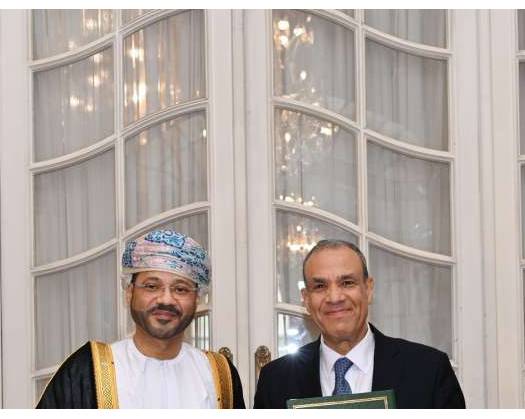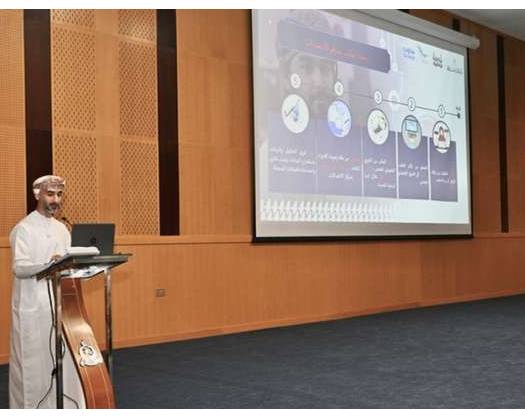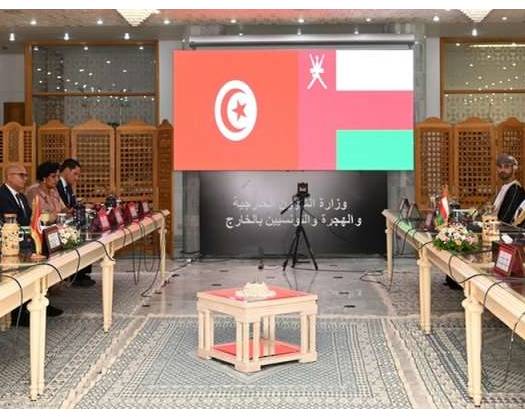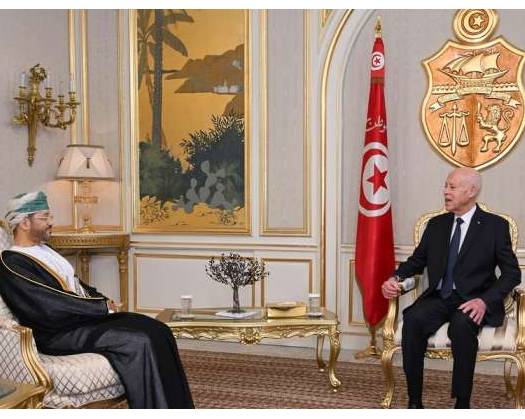New Delhi: India and Indonesia have a rich history characterized by deep cultural, economic, and political connections. This longstanding partnership has been influenced by shared traditions, historical trade routes, and common political goals. The two nations have developed as natural allies within the Southeast Asian region and the broader global geopolitical framework.
The spread of Hinduism and Buddhism from India to Indonesia began in the first century, with Java emerging as a significant center for Buddhist thought. Indian epics such as the Ramayana and Mahabharata continue to shape Indonesian artistic expressions and dance forms. Celebrations like Bali Yatra highlight the maritime connections that bind the two countries. Both nations experienced European colonial rule, with India under British control and Indonesia under Dutch governance. Following their respective independence movements, India and Indonesia aligned politically, emphasizing sovereignty, economic independence, and a self-reliant foreign policy, thereby enhancing their diplomatic ties.
Increasing trade and investment between India and Indonesia
In contemporary times, the relationship between India and Indonesia has notably strengthened in trade and investment sectors. Indonesia has emerged as India’s second-largest trading partner in the ASEAN region, following Singapore. In the fiscal year 2023-24, the bilateral trade volume between the two countries reached USD 29.4 billion, with India exporting goods valued at USD 6 billion and importing products worth USD 23.4 billion.
India's exports to Indonesia mainly consist of refined petroleum products, commercial vehicles, telecommunications equipment, agricultural goods, bovine meat, steel items, and plastics. Conversely, India imports coal, crude palm oil, minerals, rubber, pulp, paper, and hydrocarbons from Indonesia. The abundance of natural resources in Indonesia, particularly coal and palm oil, positions it as a vital supplier for India's expanding energy and industrial sectors.
There is considerable potential for future trade growth in various sectors, including pharmaceuticals, automotive parts, vehicles, engineering products, information technology (IT), biotechnology, and healthcare. India, recognized for its robust pharmaceutical and IT industries, is well-positioned to enhance its export capabilities to Indonesia. Concurrently, Indonesia's rising demand for Indian products and expertise in these fields creates opportunities for collaborative growth.
India's pivotal contribution to Indonesia's development
Indian investments in Indonesia cover a wide range of sectors, such as infrastructure, energy, textiles, steel, automotive, mining, banking, and consumer goods. Prominent Indian companies, including Tata Power, Reliance, Adani, L&T, GMR, and Mahindra, have established a significant presence in Indonesia through wholly owned subsidiaries or joint ventures. In the automotive sector, companies like Tata Motors, Bajaj, Royal Enfield, and TVS are particularly influential, while firms such as Wipro, TCS, and Tech Mahindra are expanding their presence in the IT and services sector.
According to recent data, Indian investments in Indonesia from 2000 to 2022 totaled USD 1.219 billion, with a marked increase in 2022, during which Indian firms invested approximately USD 127.54 million across 1,166 projects.
The increasing investment footprint of India in Indonesia underscores the mutual interest of both nations in enhancing economic collaboration. Indian enterprises are drawn to Indonesia's strategic location, vast consumer market, and abundant natural resources. Conversely, Indonesia gains from Indian expertise in critical areas such as IT, infrastructure, and manufacturing, which are essential for its sustainable economic growth.
Strategic Partnerships and Diplomatic Engagements
Over the years, India and Indonesia have cultivated a robust strategic partnership, driven by mutual interests in ensuring regional and global stability. Recently, the frequency of high-level exchanges between the two nations has increased significantly. A pivotal moment in this relationship was marked by the meeting between Indian Prime Minister Narendra Modi and Indonesia's newly elected President Prabowo Subianto at the 2023 G20 Summit in Brazil. During this encounter, both leaders reaffirmed their dedication to enhancing bilateral relations, particularly in sectors such as trade and investment, defense and security, connectivity, tourism, health, and cultural exchanges.
In 2023, both countries celebrated 75 years of diplomatic relations, with initiatives launched to honor this significant milestone. A variety of joint events were organized in both nations, highlighting the lasting friendship that exists between them.
India's proactive involvement in multilateral platforms has further bolstered this bilateral relationship. At the 20th ASEAN-India Summit held in Jakarta, Indonesia, in 2023, Prime Minister Modi underscored the importance of ASEAN in the Indo-Pacific region and presented India's 12-point proposal aimed at enhancing cooperation with ASEAN. This proposal addressed key areas such as connectivity, digital transformation, trade and economic collaboration, and tackling contemporary issues like terrorism, climate change, and disaster resilience. Additionally, India’s commitment to regional peace and stability was reiterated during the 18th East Asia Summit in Jakarta, where the nation reaffirmed its support for a free, open, and rules-based Indo-Pacific order.
People-to-people connections enhance cultural and educational interactions.
The ties between India and Indonesia have historically been a defining feature of their bilateral relations. Cultural diplomacy, educational initiatives, and tourism have significantly contributed to bridging the divide between the two nations. Students from both countries have engaged in various educational programs and scholarship opportunities, while cultural exchanges and performances have promoted mutual understanding and appreciation.
Moreover, tourism has emerged as a vital component of the India-Indonesia partnership, with both countries aiming to draw visitors from each other's populations. Bali, a renowned tourist hotspot in Indonesia, attracts a substantial number of Indian travelers each year, while Indian states such as Kerala and Goa are popular among Indonesian tourists. This movement of people has played a crucial role in reinforcing connections at the community level.
In summary, the bilateral relationship between India and Indonesia exemplifies the collaboration of two ancient civilizations striving to build a future-oriented partnership. With a rich legacy of cultural exchanges and shared geopolitical interests, the India-Indonesia relationship is poised for continued growth in the 21st century. Economic collaboration, investment, defense, and multilateral cooperation will be fundamental to this partnership as both nations navigate the challenges and opportunities of a rapidly evolving global landscape.
By focusing on enhancing regional security, fostering sustainable economic development, and expanding people-to-people interactions, India and Indonesia emerge as significant partners in the Indo-Pacific region. As they continue to leverage their shared heritage and mutual interests, their bilateral relationship will be instrumental in shaping the future of Asia.

